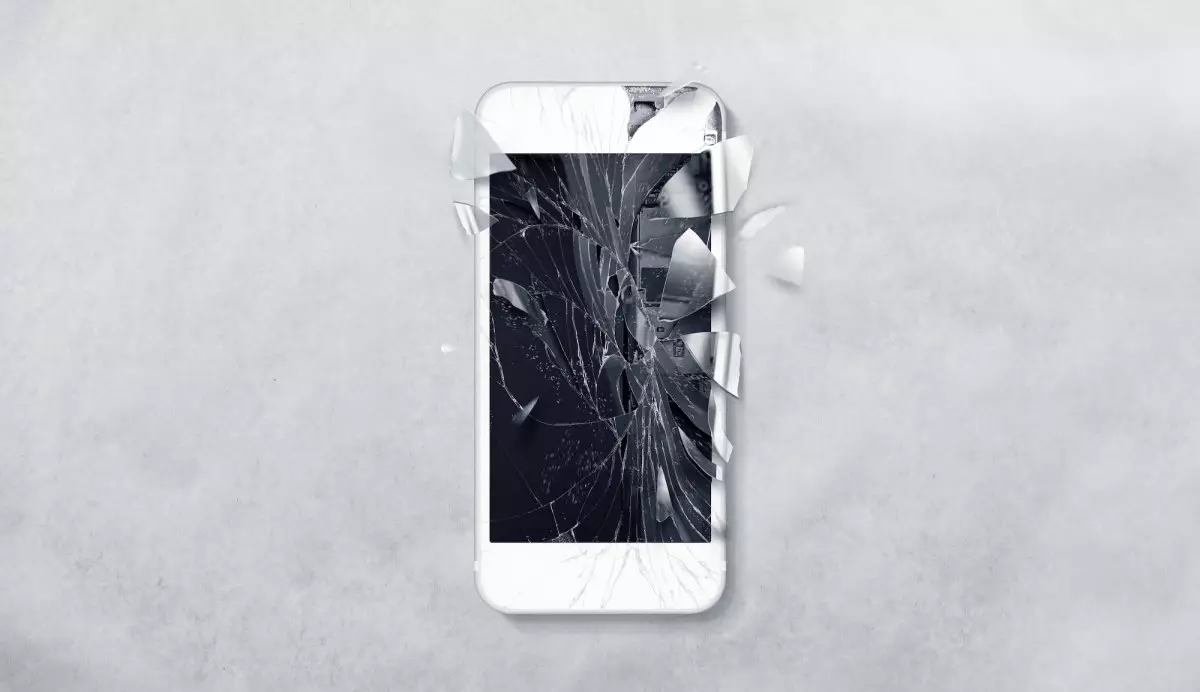On Wednesday, the European Union announced that it will scrutinize U.S. manufacturing giant Corning for potentially engaging in anti-competitive behaviors. While Corning may not resonate with mainstream consumers, its products are integral to various high-tech devices, most notably as a principal supplier of specialty glass for mobile phones, including the widely popular iPhone. The company’s Gorilla Glass has become a household name, synonymous with durability in an increasingly competitive market. The EU’s investigation signals a significant examination of practices that could impact consumer choices and market dynamics in the tech sector.
The European Commission has raised concerns regarding Corning’s market conduct, suggesting that the company might have leveraged its dominant position to engage in practices that could hinder competition. Specifically, the EU alleges that Corning entered into exclusive supply agreements with mobile device manufacturers and companies that process raw materials, effectively sidelining rival glass producers. Such arrangements, if proven to be anti-competitive, could create monopolistic layers within the market, consequently limiting consumer access to alternatives, leading to increased prices, and stifling technological innovation. The implications of these agreements are substantial; they suggest a market environment where consumer choice is compromised in favor of corporate interests.
The commission’s concern over the potential reduction in customer choice is particularly critical in an industry as dynamic as technology. In a world increasingly reliant on mobile devices, any distortion in competition could have far-reaching effects, not just on pricing but also on the speed of innovation. In sectors where competition thrives, consumer benefits are evident—ranging from better prices to advanced features. However, should Corning’s alleged actions lead to a confirmed breach of competition laws, the repercussions may go beyond financial penalties; the very framework of how tech products are developed and marketed could be altered drastically.
Currently, the European Commission is initiating an in-depth investigation into Corning’s practices, although there is no established timeline for the conclusion of this probe. The stakes are high, as any findings of wrongdoing could result in substantial penalties, possibly amounting to 10% of Corning’s global revenue. This could compel the company to reconsider its strategic alliances and pricing structures, potentially reshaping the landscape for protective glass within the technology market.
The ongoing scrutiny faced by Corning underscores a broader trend toward increased accountability for corporates within the tech industry. As consumer advocacy and regulatory oversight intensifies, manufacturers may need to reconsider their business models to prioritize competitive fairness. For consumers, the outcome of this investigation may determine not only the affordability and availability of mobile device components but also the overall health of innovation in a technology-driven world. As this investigation unfolds, its implications will not only be significant for Corning but for the tech ecosystem at large, reinforcing the need for a balanced marketplace where competition thrives and consumer interests are protected.

